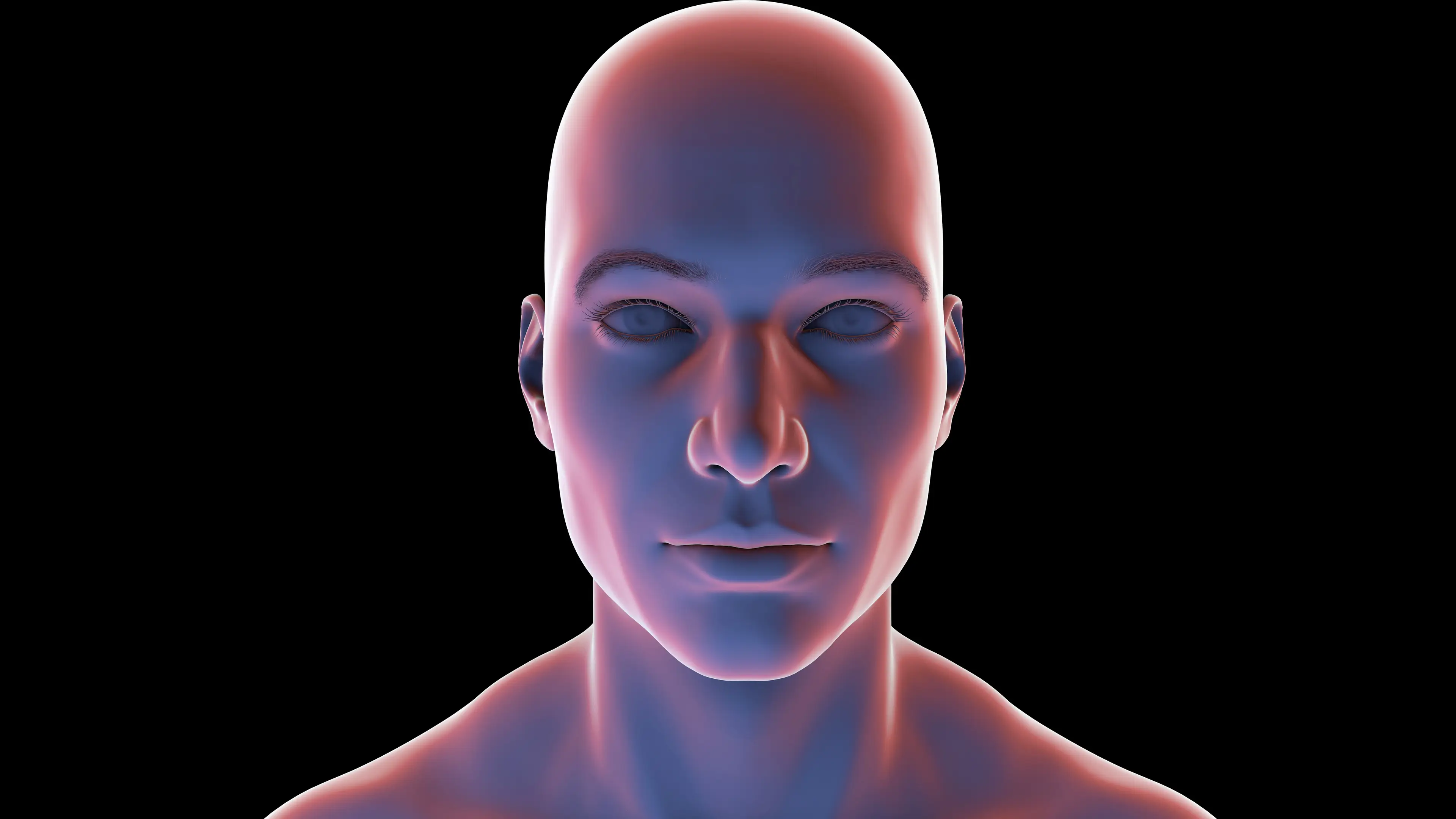
When a regular smoker quits the sticky stuff, their body and brain react in different ways.
Being in possession or distributing weed, also referred to as marijuana, cannabis, or pot, is illegal in Britain, unless you've been prescribed medical marijuana by a specialist.
However, nearly seven percent of adults in the UK used cannabis in 2024, according to the Office for National Statistics (ONS). That's 2.3 million adults.
For frequent smokers who want to quit though, experts have warned to expect a variety of withdrawal symptoms and changes in the early stages.
Advert
Timothy Fong, a professor of psychiatry who helps lead the UCLA Cannabis Research Initiative, told Mic that 'it can be debilitating, and can create a lot of physical and emotional suffering', at first. This is called cannabis withdrawal syndrome, and is activated by not only quitting weed, but significantly reducing your daily use.

So when you smoke cannabis regularly, the amount of tetrahydrocannabinol (THC) — the main compound responsible for its high — rises significantly in your bloodstream.
When you stop or drastically reduce your intake of the drug, there is a chemical imbalance and your body tries its best to readjust, gradually restoring levels to their natural state.
“When you’re in a state of withdrawal… your body is working hard to get to normal function,” Fong said. “It’s such a stress on the body.”
Symptoms of cannabis withdrawal
• Anxiety
• Depression
• Irritability
• Lowered appetite
• Difficulty sleeping
• Restlessness
• Uncomfortable physical symptoms
Yu-Fung Lin, an associate professor at the University of California, Davis, noted that this 'typically this happens in chronic or heavy cannabis users'.
While Fong said that 'if you do high potency [that is, high-THC] products several times per day, that’s probably going to set you up for a higher likelihood of withdrawal'.
Benefits of quitting weed

When it comes to the benefits of quitting, Fong insists that 'the moment you stop using it on a regular basis, your body starts reverting back to what it used be before you started smoking weed'.
Respiratory health improves, especially lung capability, which eliminates coughing and wheezing, and makes breathing easier.
Cardiovascular health also gets a boost, with most individuals also experience better concentration and focus.
It comes after a content creator who smoked cannabis regularly as a teenager has shared what happened after giving it up for six months.
Taking to his YouTube channel Dorian Develops, he said: “After being sober for a while, I’m noticing that my anxiety and depression was definitely elevated by smoking weed every day, it wasn’t reduced.”
“Now I don’t feel as winded anymore, I feel like I have way more endurance in my lungs,” the former smoker added.
“I feel like I can breathe easier, I don’t wheeze anymore.”
“It’s so much easier to be motivated to go to the gym when you don’t wake up and smoke,” Dorian continued.
“[You] have more energy and you just have more mental clarity and focus.
“It’s a lot easier for you to want to set goals and be ambitious and do bigger things when you’re not in that weed brain fog state all the time.
“Being able to be organised and be productive is something that has improved so much in the last six months, especially in the last three.”
If you want friendly, confidential advice about drugs, you can talk to FRANK. You can call 0300 123 6600, text 8211
Topics: Drugs, Health, Mental Health